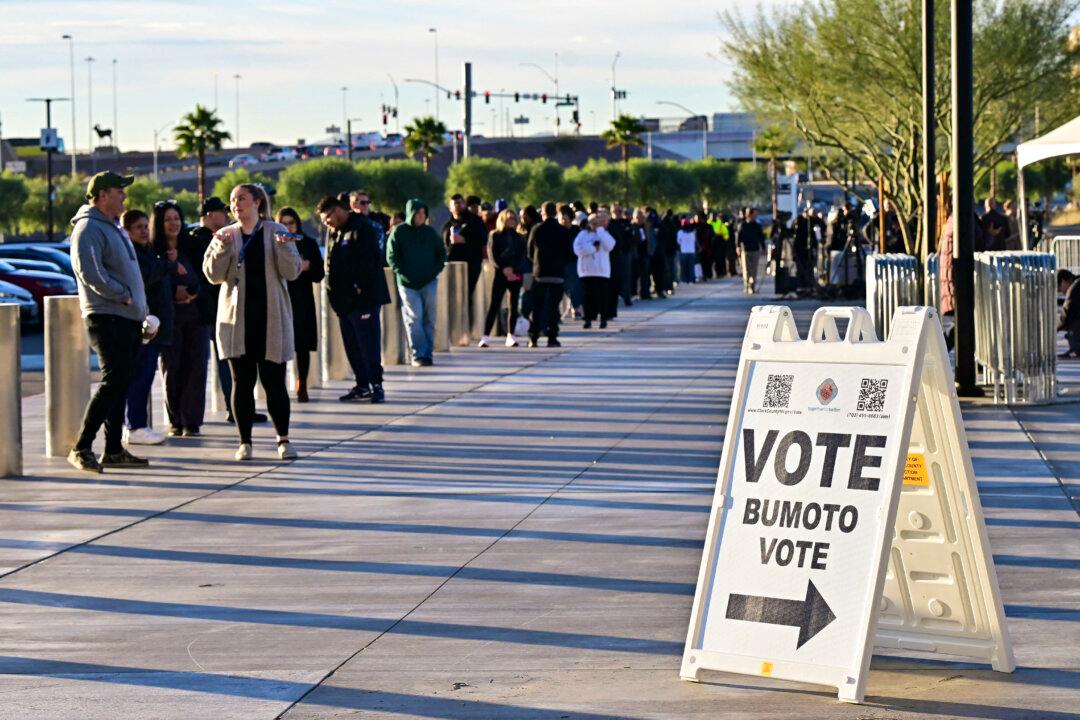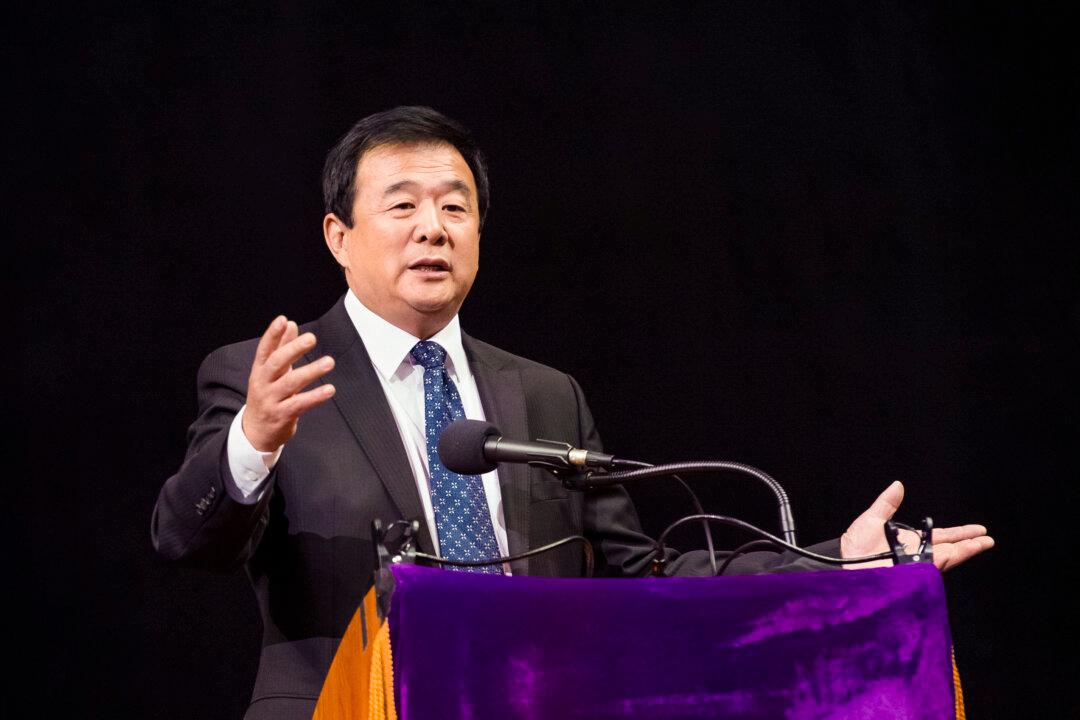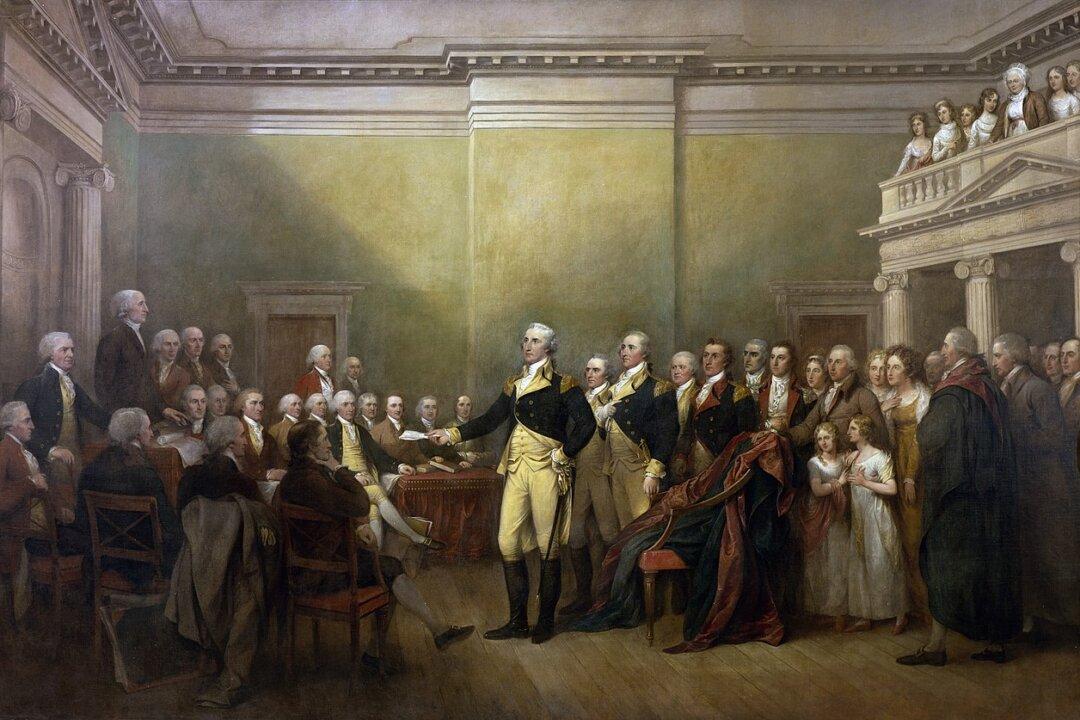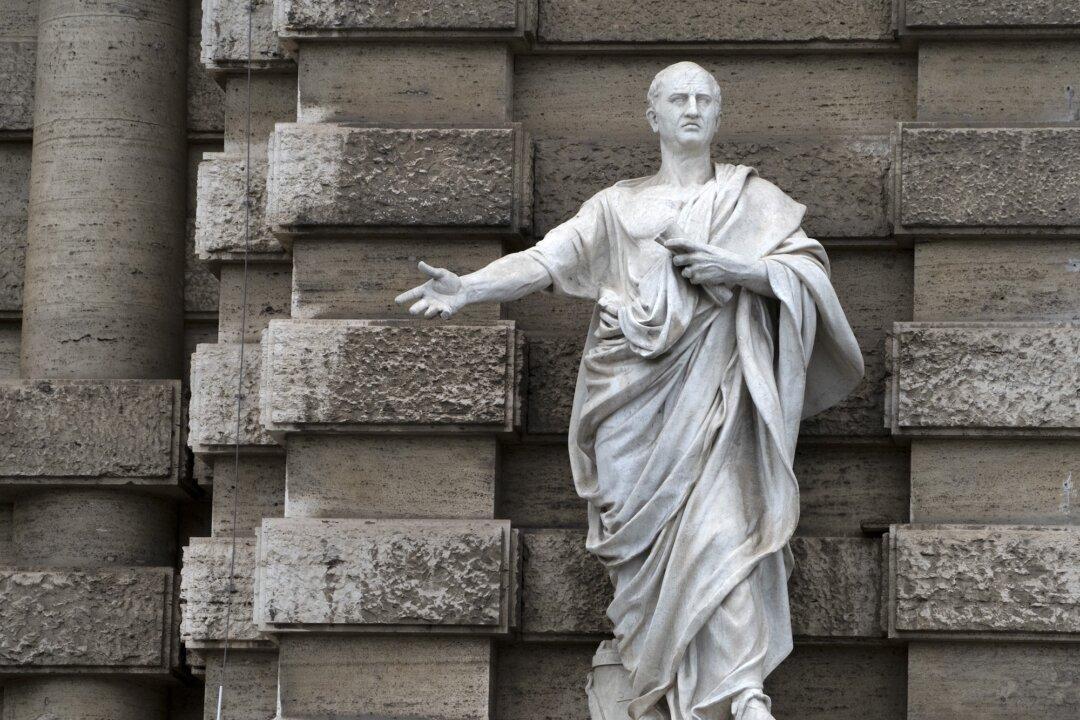Commentary
The election is finally over, marking a stunning victory for former President Trump, who not only won all swing states but also, for the first time in 20 years, secured the popular vote. This required changing the opinions of 7 percent of all voters—a whopping 10 million people! With the Senate and, most likely, the House on his side, Trump now has a free hand to implement his policies.





